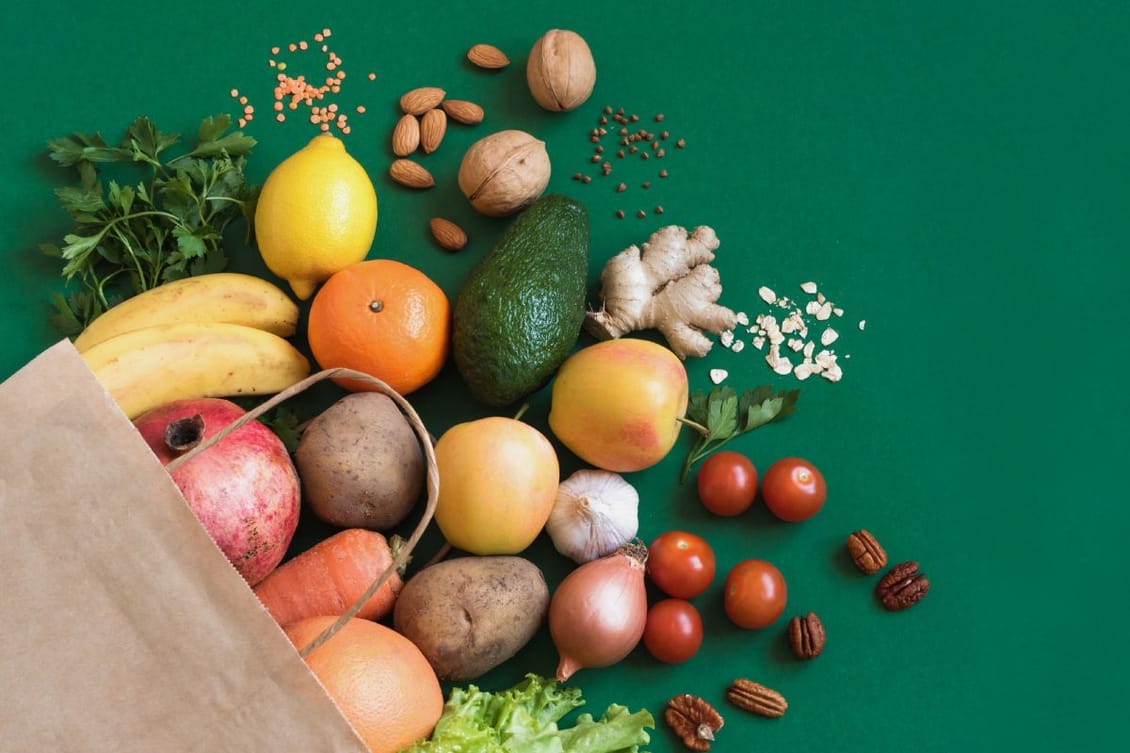
According to Fortune Business Insights, the global organic foods market was worth USD $177.08 billion in 2023. It’s projected to grow at a CAGR of 12.99% until 2032, when it will reach a projected $529.64 billion. Europe dominated the market in 2023 with a share of 44.17% – but organic foods are on an upward trajectory in markets around the world.
Organic produce enables farmers to pull heftier price tags. Research shows that farmers can earn up to USD $14 more per bushel for soybeans, $3 more for corn, and $5 more for wheat compared to non-organic crops; and these premium prices are reflected across the spectrum of organic produce.
Once established, organic farms can be more profitable than conventional farms – with organic farmers earning up to 35% more overall.
And the growing consumer demand for organic produce is driving more and more farmers to consider the shift from conventional farming.
So organic farming holds the potential for increased profitability and longevity among consumers’ preferences. But transitioning to organic isn’t easy – with a number of costly and time-consuming challenges that stand in the way of organic certification.
Those challenges include:
All of this means that going organic isn’t an easy task – and it can’t happen overnight. It demands commitment, planning, investment, and an enthusiasm to adapt to new practices and new market drivers.

The economic benefits are motivating more farmers to take on the challenge of going organic. And increased government support is easing the way, with grants for organic and sustainable practices available to farmers in a growing number of countries.
Denmark, Austria, Thailand, and India are just a few of the nations that are providing government support. In the EU, 61.6% of land under organic farming received specific organic support payments in 2020. And in Saudi Arabia, the government is prioritising the development of an Organic Agricultural Policy.
The organic food market is growing – and fast. So farmers and government organisations are working to tap into the demand for healthy, sustainable, and ethically grown produce, and enabling a bright future for organic food.
Take your seat at the InFlavour table, a government-backed and world-leading B2B food event by Tahaluf.
E-mail address SubmitWant to keep up to date with all our latest news and information? Enter your name below to be added to our mailing list.
E-mail address Submit